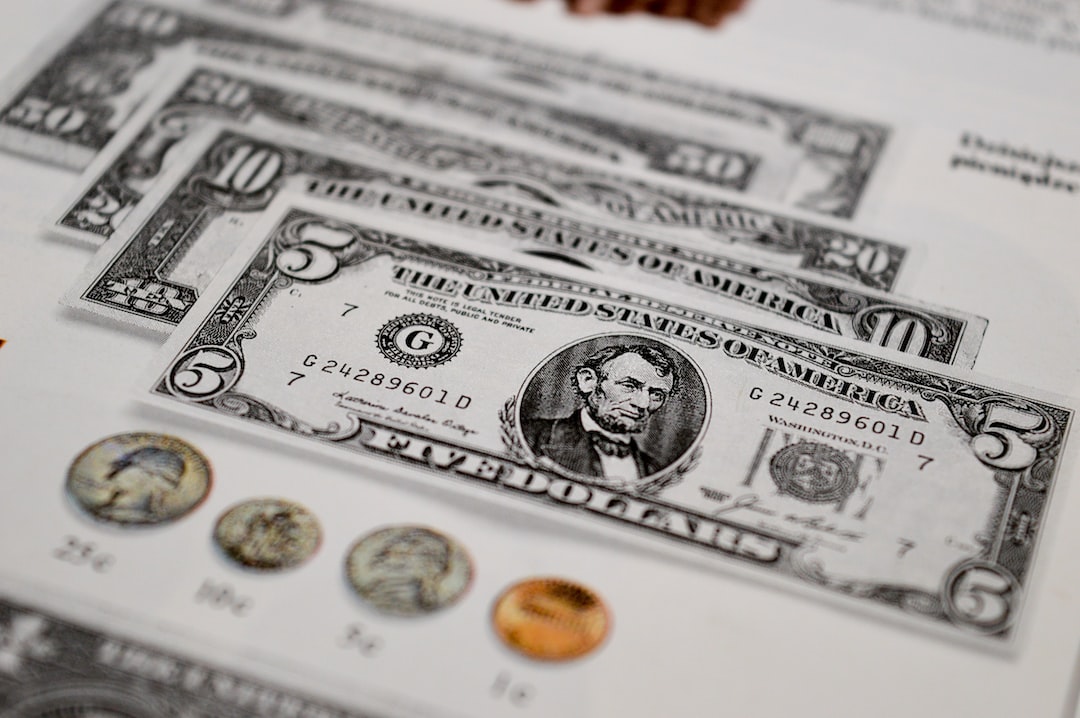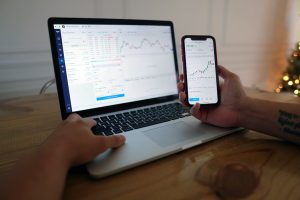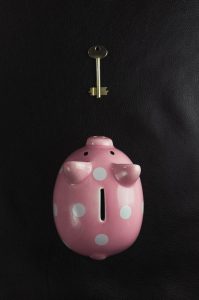Forex trading, also known as foreign exchange trading, is the largest financial market in the world. It involves buying and selling different currencies with the aim of making a profit. Forex traders can participate in the market directly or through a broker. A forex broker is an intermediary between the trader and the market. In this article, we will explain how to have a broker in forex.
Choose a broker
The first step in having a broker in forex is to choose a reputable broker. There are hundreds of forex brokers in the market, making it challenging to choose the best one. However, you can use some criteria to narrow down your options. These criteria include regulation, trading platform, fees, customer support, and educational resources.
Regulation
Regulation is an essential factor to consider when choosing a forex broker. A regulated broker is one that is licensed and overseen by a regulatory authority. The regulatory body ensures that the broker complies with financial regulations and protects the trader’s interests. Some of the reputable regulatory authorities include the Financial Conduct Authority (FCA) in the UK, the Australian Securities and Investments Commission (ASIC), and the Securities and Exchange Commission (SEC) in the US.
Trading Platform
A trading platform is software that enables traders to access the forex market. The platform provides real-time quotes, charts, and news feeds, and allows traders to place orders and manage their positions. Some of the popular trading platforms in the market include MetaTrader 4 (MT4), MetaTrader 5 (MT5), and cTrader. A good trading platform should be user-friendly, reliable, and customizable.
Fees
Forex brokers charge fees for their services, including spreads, commissions, and overnight financing charges. Spreads are the difference between the bid and ask prices, while commissions are charged on each trade. Overnight financing charges are incurred when a trader holds a position overnight. It is essential to compare the fees charged by different brokers to find the most competitive one.
Customer Support
Customer support is crucial when it comes to forex trading. A good broker should have responsive and knowledgeable customer support that can assist traders with any queries or issues. The support should be available via various channels, including phone, email, and live chat.
Educational Resources
Forex trading is complex and requires a lot of knowledge and skills. A good broker should provide educational resources that can help traders learn about the market and improve their trading skills. These resources may include trading guides, webinars, and tutorials.
Open an Account
Once you have chosen a broker, the next step is to open an account. The account opening process may vary depending on the broker, but it generally involves filling out an online application form and providing some personal and financial information. The broker may also require you to submit some documents, such as proof of identity and address. After verifying your information, the broker will create an account for you.
Fund Your Account
After opening an account, you need to fund it to start trading. Forex brokers offer various deposit methods, including bank transfers, credit/debit cards, and e-wallets. The deposit process is usually straightforward, and the funds are credited to your account within a few hours or days. Some brokers may also offer bonuses or promotions for new clients who make a deposit.
Start Trading
Once you have funded your account, you can start trading. Forex brokers offer a wide range of currency pairs, including major, minor, and exotic pairs. Traders can use different trading strategies and tools, such as technical analysis and fundamental analysis, to make trading decisions. The broker’s trading platform provides various order types, including market orders, limit orders, and stop-loss orders, to help traders execute their trades.
Conclusion
Having a broker in forex is essential for traders who want to participate in the market. A broker provides access to the market, offers trading platforms, charges fees, and provides customer support and educational resources. To have a broker in forex, you need to choose a reputable broker, open an account, fund your account, and start trading. By following these steps, you can start your forex trading journey and potentially make a profit.





